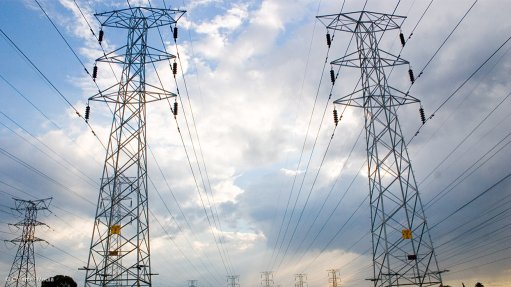
Photo by: Duane Daws
Municipalities owe State-owned power utility Eskom more than R4.6-billion, an increase of more than R2-billion in the last year, a debt that is contributing to the pressure on Eskom’s ability to provide electricity.
This was according to a statement released by civil rights organisation AfriForum on Thursday.
The largest defaulters were the Free State and Mpumalanga, owing more than R1.6-billion and more than R1.4-billion, respectively.
The North-West province owed the parastatal more than R671-million, Limpopo more than R221-million, Gauteng more than R213-million and the Eastern Cape more than R188-million.
The Northern Cape had a debt of more then R142-million, KwaZulu-Natal owed more than R63-million and the Western Cape owed more than R21-million.
AfriForum community structure manager Tiaan Esterhuizen demanded that municipalities disclose the whereabouts of the money and added that diligent taxpayers were faced with a lack of electricity owing to poor financial management.
“The growing number of outstanding bills can cause further problems if Eskom decided to cut the bulk electricity it supplies to towns. If municipalities do not settle their debt, Eskom will have no choice but to cut the electricity supply to these places. The previous management of Eskom already warned government 20 years ago [of this consequence]. Electricity problems in this country are mainly caused by government’s transformation policies,” Esterhuizen stated.
He suggested that defaulting municipalities lose their licence to supply electricity and added that the privatisation of electricity management would remove incompetent municipalities while dealing with the problems of electricity supply.
Privatisation was also expected to improve the efficiency of debt recovery and provide customers with more accurate bills.
“The time has come that private companies should also be able to apply for a licence to distribute electricity,” Esterhuizen stressed.